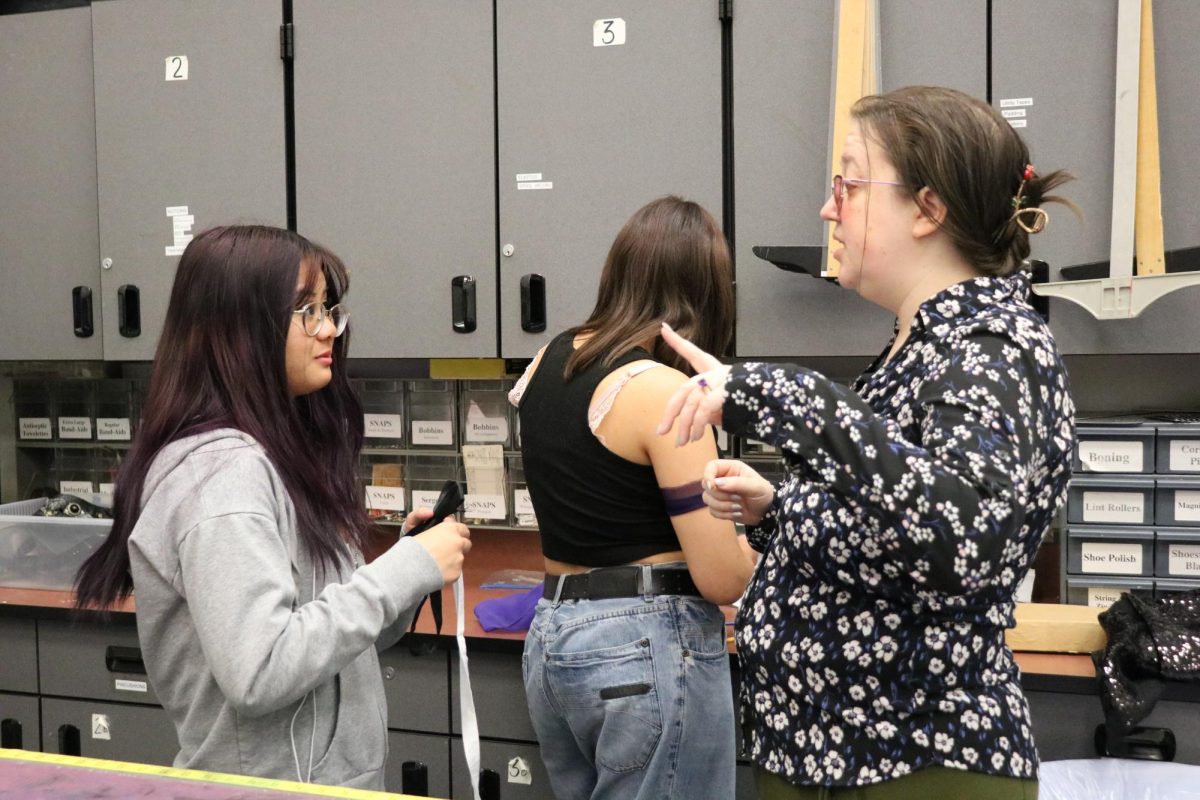Opinion: Held to a Higher Standard
Although electives and extracurriculars matter, core classes and behavior matter just as much.
March 3, 2022
Should kids in extracurricular activities be held to a higher standard? Yes, it’s imperative that students in these programs follow a special code of conduct. Students are not entitled to these activities. Later in life, these experiences can be connected to real-world scenarios. One example of this is obtaining a job: having a job is a privilege you could jeopardize by acting out while on the clock, and in some cases, off the clock.
Imagine what it would be like to be in charge of a class trip with high school students. The list of things you’d typically have to worry about doesn’t seem to end. Now, add kids with behavioral issues and the trip doesn’t even seem likely. This one student could have bad sportsmanship, destroy the property of others, or even display acts of violence; at the least, a code of conduct would minimize the likelihood of things like that happening.
Some people argue that all students should be held to the same standard. While this is a good point, it doesn’t account for the fact that these students are taking away from the valuable time that could be utilized by studying, the time that other students still have access to. Why should they be able to continue developing their arts at school if that means failing core classes? Classes needed to graduate, which should be their number one priority, as well as the school they attend.
In addition, a counterargument may be these standards prove to be difficult for some to meet. To that I say, if these students can’t meet the requirements, such as behavior and good academic performance, without a valid excuse, then why should they be able to represent the school? Many extracurriculars come with pivotal out-of-school experiences. These can range from in-state performances to out-of-state competitions. If a child has problems with behavior, taking them along wouldn’t bode well for the name of all those involved, including the school from which they came. It could even have a negative effect on the experience of fellow students and teachers.
To piggyback off of the last argument, the amount of connections a person obtains merely by being in extracurriculars is outstanding, but if you have issues with etiquette, these opportunities could be taken away from you and all others around you. This could even extend to opportunities being taken away from future students. In other cases, it could leave certain students being singled out to not participate in such skill and connection building chances, which can result in a range of emotions including disappointment
Those who decide to participate in extracurriculars should do so under the impression that they will be subjected to a special code of conduct. Taking these guidelines into consideration would not only guarantee a good reputation for the school but a good experience for students and staff. It also encourages habits and behaviors that are beneficial in real-life situations.
























